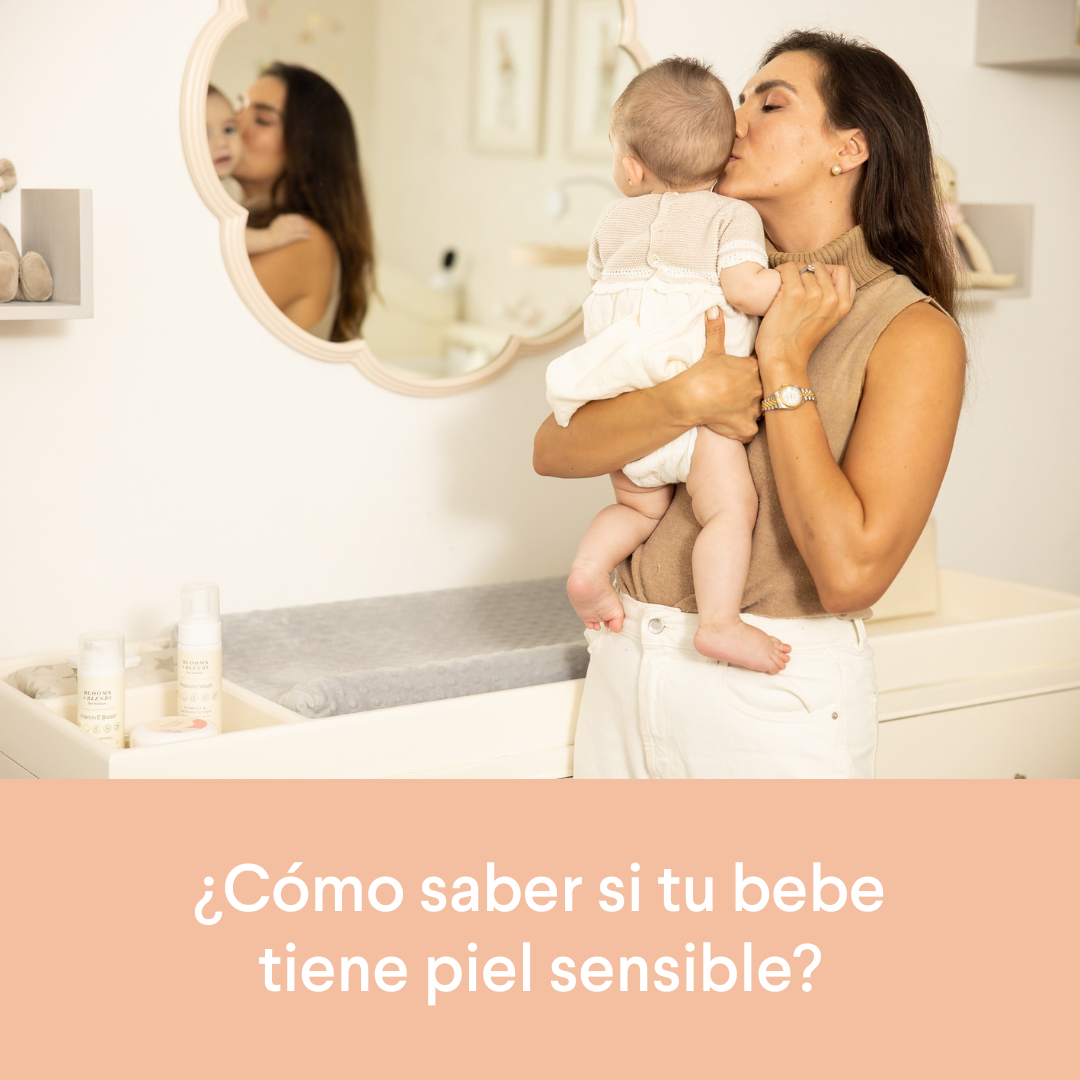Although not all babies and children have what would be considered "sensitive skin" in the clinical sense, the skin of all babies and children is more delicate and susceptible to sensitivity than that of adults. This is because their skin barrier is not fully developed, making it more vulnerable to irritation and allergies.
That's why it's crucial to choose products specifically designed for their sensitive skin. In this blog, we'll explore the importance of these products and which ingredients are essential to avoid to protect our little ones' skin health.
Why is Babies' and Children's Skin More Sensitive?
- Incomplete Skin Barriers:
- Babies' skin is 20-30% thinner than adults', making it more permeable and prone to losing moisture and absorbing irritants.
- Greater propensity to dryness:
- Due to the immature structure of their skin, babies and children are more prone to dryness, which can lead to irritation and eczema.
- Immature Immune Response:
- Their immune systems are still developing, which means they may react more intensely to substances that adults easily tolerate.
Ingredients to Avoid in Products for Sensitive Skin
It's vital to read product labels and avoid certain ingredients that can be harmful to babies' and children's sensitive skin. Here are some of the most common ingredients to avoid and why:
- Artificial Fragrances:
- Why to Avoid Them: Fragrances can cause allergic reactions and irritation. They also often contain phthalates, which are endocrine disruptors.
- Safe Alternative: Look for fragrance-free products or products with natural essential oil fragrances.
- Parabens:
- Why Avoid Them: Parabens are preservatives that can cause allergic reactions and have been associated with hormonal disruptions.
- Safe Alternative: Use products with natural preservatives such as grapefruit seed extract or benzoic acid.
- Sulfates:
- Why to Avoid Them: Sulfates, like sodium lauryl sulfate, can be too harsh and strip your skin of its natural oils, causing dryness and irritation.
- Safe Alternative: Opt for gentle, sulfate-free cleansers like coco-glucoside.
- Desiccant Alcohols:
- Why to Avoid Them: Alcohols like isopropyl alcohol can dry out skin, causing irritation and flaking.
- Safe Alternative: Look for moisturizing ingredients like glycerin or panthenol.
- Artificial Colorings:
- Why Avoid Them: Artificial colors can cause irritation and allergic reactions.
- Safe Alternative: Choose products without colorants or with natural colorants derived from fruits and vegetables.
- Petrolatums and Mineral Oils:
- Why to Avoid Them: Although these ingredients create a barrier on the skin, they can clog pores and prevent the skin from breathing properly.
- Safe Alternative: Use natural oils like coconut oil, jojoba oil, or shea butter.
Benefits of Using Specialized Products for Sensitive Skin
- Lower Risk of Irritation and Allergies:
- Products designed for sensitive skin are typically formulated with gentle, natural ingredients, reducing the risk of irritation and allergic reactions.
- Proper Hydration:
- These products help maintain the skin's natural hydration without stripping it of its essential oils.
- Skin Barrier Protection:
- They help strengthen and protect the skin barrier, keeping the skin healthy and resistant to external irritants.
Babies' and children's skin requires special care due to its delicate nature and susceptibility to irritation. Choosing products specifically designed for sensitive skin is an essential measure to protect their health and well-being. That's why at Blooms&Blends for Babies , we formulate all our products for sensitive skin, eliminating potentially harmful ingredients and opting for gentle, natural formulas. This way, we can ensure that our children's skin remains soft, healthy, and irritation-free.





